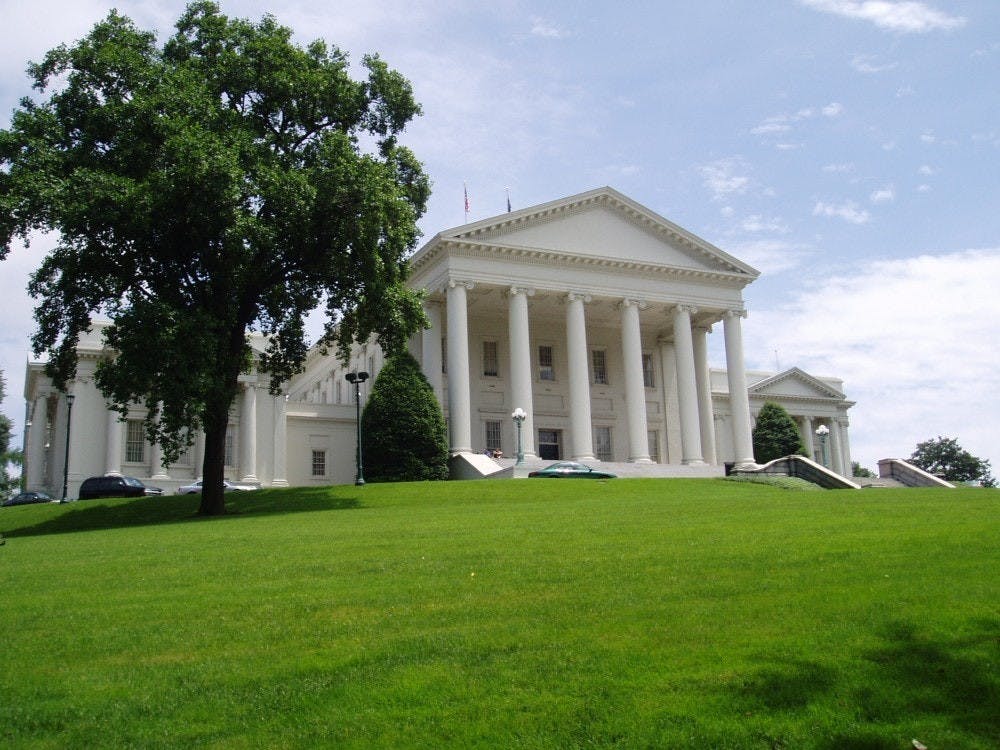Each year, the Charlottesville City Council sends its legislative wish list to the General Assembly for consideration. Virginia is a Dillon Rule state, meaning localities like Charlottesville must ask the state for authority to enact certain policies, such as regulations on the use of guns and torches in public spaces. Since this restriction makes it difficult for localities to independently tackle local problems without state approval, the rule has also restricted the number of tools available at the City of Charlottesville’s disposal to effectively address the affordable housing crisis.
Specifically, the City Council has for years included on its list for the General Assembly a request that it be allowed to utilize inclusionary zoning. Inclusionary zoning allows localities to require that developers keep a certain percentage of housing affordable when they build new projects. Such a policy has the potential to help our local government alleviate the affordable housing crisis in Charlottesville. However, the General Assembly has not acted to allow the City to implement inclusionary zoning, even as rents have continued to rise. In Virginia, several other localities, including Albemarle County, have been given permission to use inclusionary zoning — there is no reason Charlottesville should not be added to that list. In the future, City officials should continue to request the state grant it the power to implement inclusionary zoning as it would likely help Charlottesville combat its housing affordability issues.
It is likely that the power to utilize inclusionary zoning will be beneficial given the demonstrated success it has had in other localities across the country. Specifically, the National Housing Conference’s Center for Housing Policy analyzed the effects of programs implemented in California and Massachusetts and found that inclusionary zoning can increase the number of affordable housing units that are built without significantly increasing price or decreasing supply in the housing market. Washington D.C. has also established its own inclusionary zoning program. While the program was tied up in legal battles for the first few years after its implementation, it has become increasingly effective in producing more affordable units over time. Though some argue that the benefits derived from inclusionary zoning are modest, they have nonetheless led in some cases to the expansion of affordable housing.
Even small improvements would be welcome in Charlottesville, where we are currently experiencing an affordable housing crisis. One analysis showed that between 2013-2018, the average rent in Charlottesville increased by 18 percent. These estimates even indicate that Charlottesville needs to add an astounding 4,000 more affordable housing units in order to keep up with its population growth. This housing crisis is further exemplified by the fact that there are currently 1,651 households on the waitlist for public housing in the City. Given that this problem has shown no signs of alleviating over time, it is critical that local leaders continue to request from the state the ability to use policies such as inclusionary zoning to help provide some relief, no matter how limited its effects may be.
In addition, the need for more affordable housing availability has only grown with the University’s recent announcement that it received a $120 million dollar gift to create a new School of Data Science. This new school will likely attract more students and professors to the Charlottesville area, which in turn will likely increase competition over Charlottesville’s already extremely limited affordable housing stock.
While inclusionary zoning would likely be helpful in adding affordable units in Charlottesville, there are some critiques of the policy. Some affordable housing advocates say that inclusionary zoning does not help the truly impoverished and may only serve moderate income households. It is also possible that this policy will incentivize some developers to not build housing at all, given that this policy may increase costs. These are valid concerns, ones which local leaders must examine if they get the chance to implement inclusionary zoning, so that the policy can help incredibly low-income families while also keeping in mind the needs of local developers. However, if implemented effectively, inclusionary zoning will be able to help the City create more affordable housing.
Ultimately, inclusionary zoning is not a silver bullet, as it will not allow Charlottesville to completely solve its housing issues — it should be used in conjunction with a wide array of other policies by the City in order to make more affordable units available. However, with the affordable housing crisis only worsening in Charlottesville, local leaders need every tool available in order to combat it, and inclusionary zoning should be one of them. While only the General Assembly can grant access to these policy options, it is up to our local leaders to continue to pursue them so that the City will eventually be able to fight the affordability crisis more effectively.
The Cavalier Daily Editorial Board is composed of the Executive Editor, the Editor-in-Chief, the two Opinion Editors and their Senior Associate. The board can be reached at eb@cavalierdaily.com.







